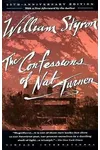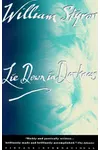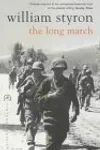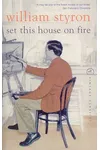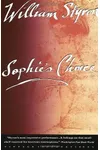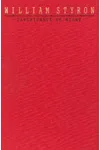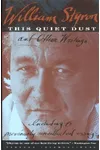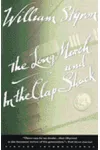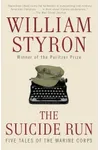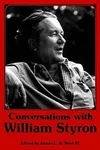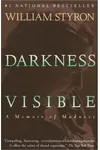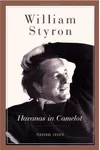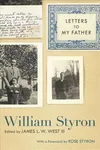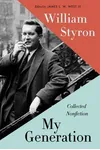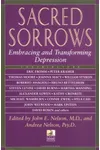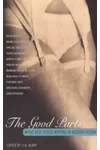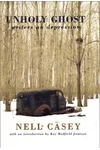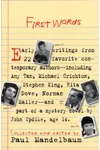Picture a Virginia-born storyteller who tackled the toughest corners of the human soul—meet William Styron! Emerging from the American South, Styron spun novels like Sophie’s Choice and The Confessions of Nat Turner that stirred hearts and sparked debates. His fearless dive into history, trauma, and morality made him a literary giant whose stories still resonate.
With a pen as sharp as his insight, Styron blended lush prose with raw emotion, earning him a Pulitzer Prize and a permanent spot in American literature. Ready to explore the life of this bold novelist? Let’s dive in!
The Making of William Styron
Born on June 11, 1925, in Newport News, Virginia, William Styron grew up steeped in the South’s complex history. His father, a shipyard engineer, and his mother, a music teacher, nurtured his early love for storytelling. After serving briefly in the Marines during World War II, Styron honed his craft at Duke University and later in New York’s literary scene. His first novel, Lie Down in Darkness (1951), written at just 26, announced him as a prodigy with a knack for gothic, introspective tales.
William Styron’s Unforgettable Stories
Styron’s novels are like a deep dive into the human psyche, blending historical weight with personal torment. Lie Down in Darkness follows a dysfunctional Southern family, its lyrical prose earning comparisons to Faulkner. His 1967 masterpiece, The Confessions of Nat Turner, imagined the life of the enslaved rebel leader, winning a Pulitzer but igniting controversy for its bold narrative choices. Sophie’s Choice (1979), perhaps his most famous work, tells the haunting story of a Holocaust survivor’s impossible decision, cementing Styron’s reputation for tackling moral complexity.
His style—rich, introspective, and often somber—wove historical events with fictional depth. Styron didn’t shy away from heavy themes like slavery, war, and guilt, yet his characters pulsed with humanity. Later works, like Darkness Visible (1990), a memoir of his battle with depression, revealed his gift for raw, personal storytelling.
Why William Styron Matters
William Styron’s legacy lies in his courage to confront uncomfortable truths. His novels forced readers to grapple with America’s past—slavery, the Holocaust, mental illness—while exploring universal questions of choice and redemption. Though criticized by some for his portrayals of marginalized voices, Styron’s empathy and artistry inspired countless writers to tackle big ideas. His work remains a touchstone for those who believe literature should challenge, provoke, and heal.
Today, Styron’s novels are studied for their moral depth and stylistic brilliance, reminding us that great stories can both wound and mend. His influence endures in contemporary fiction, where bold, reflective voices carry his torch.
About William Styron
- Born: June 11, 1925, in Newport News, Virginia
- Key Works: Lie Down in Darkness, The Confessions of Nat Turner, Sophie’s Choice, Darkness Visible
- Awards: Pulitzer Prize for Fiction (1968), National Book Award (1980)
- Died: November 1, 2006
Snag Sophie’s Choice or Darkness Visible and dive into William Styron’s soul-stirring world of history and heart!
